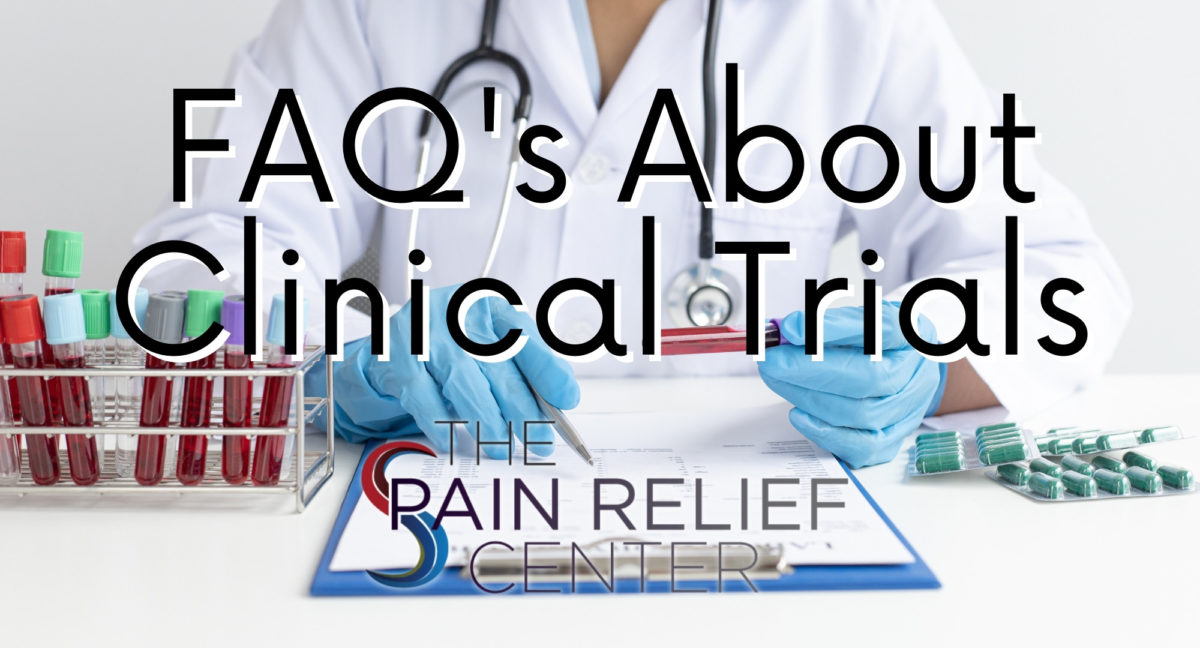Clinical trials can provide participants with access to new treatments, medical care, and contribution to medical research. While participating can deliver these and more benefits, the decision to volunteer should not be a hasty one. If you are interested in volunteering in a clinical trial, you should be well informed before making the final decision. Below we have answered frequently asked questions to which potential participants should know the answers.
What is a clinical trial?
A clinical trial is a medical research study in which volunteers undergo physician-supervised, investigational treatment to determine the treatment’s benefits.
How does a trial work?
Volunteers are assigned to different study groups, one of which receives the investigational treatment (usually an investigational drug) while the other receives a placebo (a substance with no effect) treatment or one that already exists.
The results and data of each group are evaluated against each other to help determine the effectiveness of the new treatment.
Who can volunteer and what can volunteers expect?
Volunteers must qualify to participate in treatment and are evaluated based on two sets of criteria, inclusion criteria (factors that investigators are seeking out) and exclusion criteria (factors that investigators do not want participants to have). Some trials seek participants with a certain illness, while others require healthy patients.
Volunteers can expect a physical exam, a review of medical history, and to have their healthy continually monitored if chosen.
Is there an obligation for volunteers to complete the trial?
No. There are always risks involved with trials, and if a participant feels that he/she needs to end participation at any time he/she can.
Who has access to personal information in the trial?
Personal information of participants is available to the investigator and research team conducting the trial. In some cases, the institutional review board overseeing the research may have access to this information as well.
What happens after the trial is completed?
The data obtained in the trial is collected to evaluate the investigational drug or treatment (effectiveness, safety, side effects, etc.) and determine whether or not the research group should continue with their work in the study or stop.
If you are interested in participating in a clinical trial, consult with your physician to ask more questions related to a specific trial (e.g. how long the trial will last, what the main purpose is, possible risks/benefits, etc.).
For more information, contact the Dallas Pain Relief Center.


